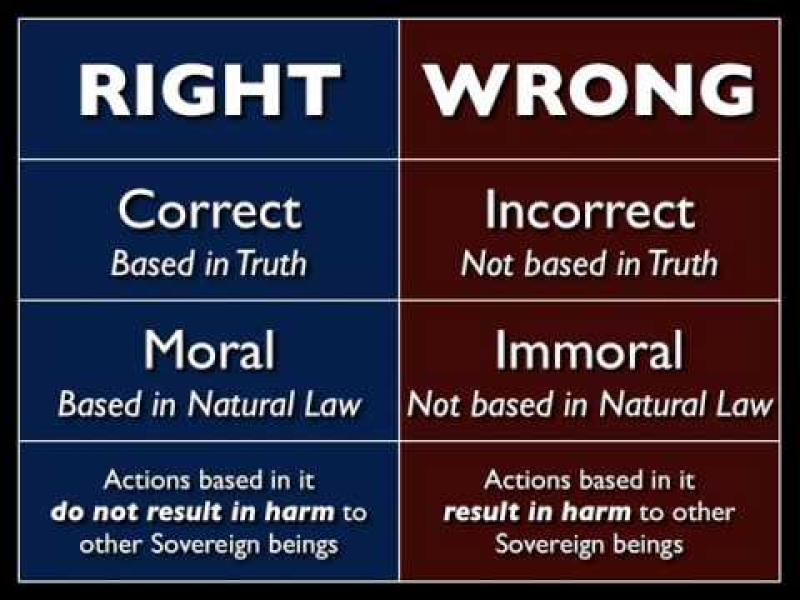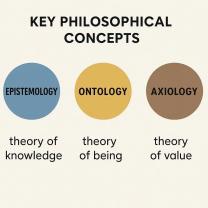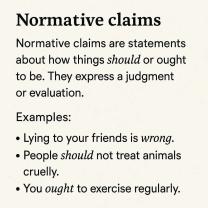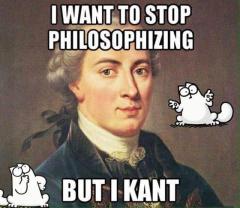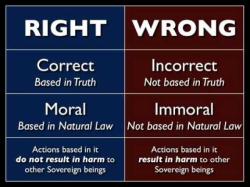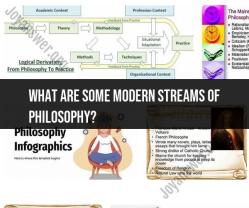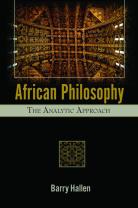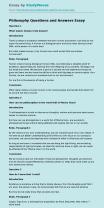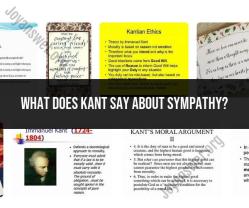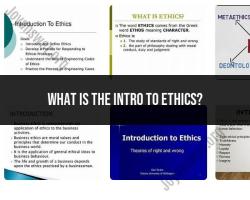Does “right” and “wrong” actually exist?
The question of whether "right" and "wrong" objectively exist is a complex and debated topic in philosophy, ethics, and metaphysics. Different philosophical perspectives offer various interpretations of the nature of morality and the existence of objective moral truths. Here are some key philosophical positions on this matter:
Moral Realism:
- Moral realism posits that objective moral facts exist independently of human beliefs or opinions.
- According to this view, there are objective moral truths that are true regardless of what individuals or societies believe.
- Moral realism includes different theories such as ethical naturalism (moral facts are natural facts) and ethical non-naturalism (moral facts are non-natural or metaphysical facts).
Moral Anti-Realism:
- Moral anti-realism denies the existence of objective moral facts.
- According to this view, moral judgments are expressions of subjective preferences, cultural practices, or individual emotions.
- Moral anti-realism includes moral relativism (morality is relative to cultural or individual perspectives) and moral subjectivism (morality is based on individual feelings).
Constructivism:
- Constructivism suggests that moral truths are constructed by rational agents through a process of reasoning and reflection.
- While it acknowledges that morality is a human creation, it holds that moral principles are not arbitrary and can be discovered through rational inquiry.
Error Theory:
- Error theory argues that while people make moral judgments, these judgments are systematically mistaken because there are no objective moral facts.
- According to error theory, moral language is misleading, and moral claims are fundamentally false.
Philosophers have debated these positions for centuries, and there is ongoing dialogue in the field. The answer to whether "right" and "wrong" actually exist depends on one's philosophical stance. Some argue for the existence of objective moral truths, while others maintain that morality is a human construct with no independent existence outside of human beliefs and practices.
The question of whether "right" and "wrong" are objective or subjective has been debated by philosophers and scholars for centuries, with no single definitive answer. Here's a breakdown of the different perspectives:
1. Objectivity vs. Subjectivity:
- Objectivity: Proponents argue that universal moral principles exist, independent of individual opinions or cultural norms. These principles might be based on reason, natural law, or divine revelation. For example, harming others is considered universally wrong in some objective frameworks.
- Subjectivity: This view emphasizes the relativity of morality, claiming that right and wrong are determined by individual beliefs, preferences, or cultural contexts. What's considered ethical in one society might be wrong in another.
2. Philosophical and Ethical Perspectives:
- Deontological ethics: Focuses on the inherent rightness or wrongness of actions themselves, regardless of their consequences. For example, lying is always wrong, even if it leads to a good outcome.
- Consequentialist ethics: Judges actions based on their results and the impact on overall well-being. Utilitarianism, for instance, seeks to maximize happiness for the greatest number of people.
- Virtue ethics: Emphasizes developing good character traits like honesty, kindness, and courage, which guide morally right actions.
3. Cultural and Religious Influences:
- Cultural Norms: Different cultures have diverse sets of social expectations and acceptable behaviors, influencing individuals' perceptions of right and wrong. For example, dietary restrictions or gender roles can vary significantly across cultures.
- Religious Traditions: Many religions provide moral frameworks based on sacred texts or teachings, shaping believers' understanding of right and wrong. Religious principles can influence personal conduct and societal laws.
Ultimately, the debate about objectivity vs. subjectivity remains open-ended. While universal moral principles might exist, their interpretation and application can be subjective, influenced by individual experiences, cultural norms, and philosophical perspectives. Recognizing these influences and engaging in respectful dialogue across different viewpoints is crucial for navigating complex ethical dilemmas.
